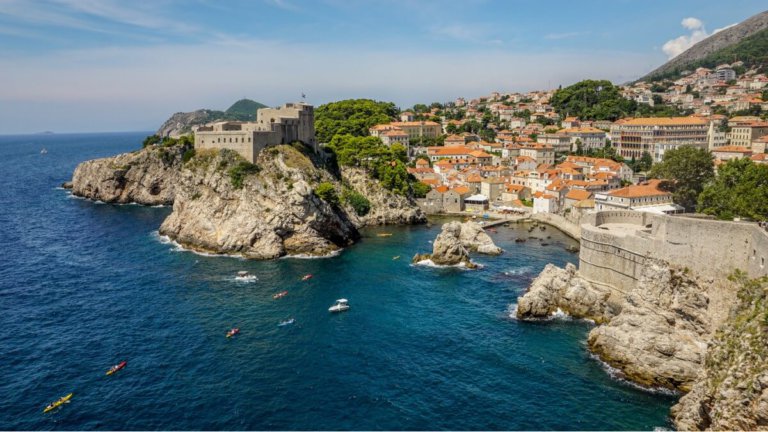
You may have seen some breathtaking Croatian landscapes doing their rounds on the internet, but apart from being known for its stunning natural attractions, the country has also proved to be a unique study destination for international students seeking an off-the-beaten-track experience.
According to Study in Croatia, the country has 128 higher education institutions located all over. One of its largest universities is the University of Zagreb, which is also the largest university in the South-Eastern Europe region.
So if you have chosen – or are planning to choose – Croatia for your study abroad experience, you may be in need of information on what it’s like to live in this Balkan country.
Here’s some information that could prove useful:
Living expenses
Study in Croatia estimates students’ average monthly living expenses to be between €400 and €700 for accommodation, food, utilities, books, transportation and other miscellaneous expenses.
This may be higher or lower, depending on your lifestyle.
Accommodation
If you can’t secure student dormitory accommodation with your university, you’ll likely have to opt for private housing instead.
Approximate student accommodation fees
Prices of rent will vary depending on factors such as your location and unit size, but Study in Croatia notes the following as approximate rent prices in the country:
- €150 per month for a one-bed, shared kitchen and bathroom
- €250 per month for a studio apartment
Conversely, the University of Dubrovnik recommends students to budget € 200 to €400 per month for their accommodation, factoring in utilities.
Student accommodation websites
Here are some useful accommodation websites (in English) for international students:
Public transportation
Taxis are expensive in Croatia, which means students will want to rely on public transportation to keep costs low.
Travelling options include trams, buses and railway, which operate day and night. You will want to check their individual websites to see whether you can purchase monthly or annual passes at a cheaper price.
For example, Lonely Planet notes that prices for bus services are relatively inexpensive, but as there are a number of different companies handling each route, prices can vary substantially.
Food
The cost of food and living, in general, tends to be more expensive in touristy areas such as Dubrovnik, and cheaper in the mainland. Eating in your university’s cafeteria is one way to keep food costs low. When eating out in restaurants, cafés or bars, it is customary to tip in cash.
Liked this? Then you’ll love…
Are international students entitled to full scholarships?
What to do if you don’t get an offer from your first choice university







